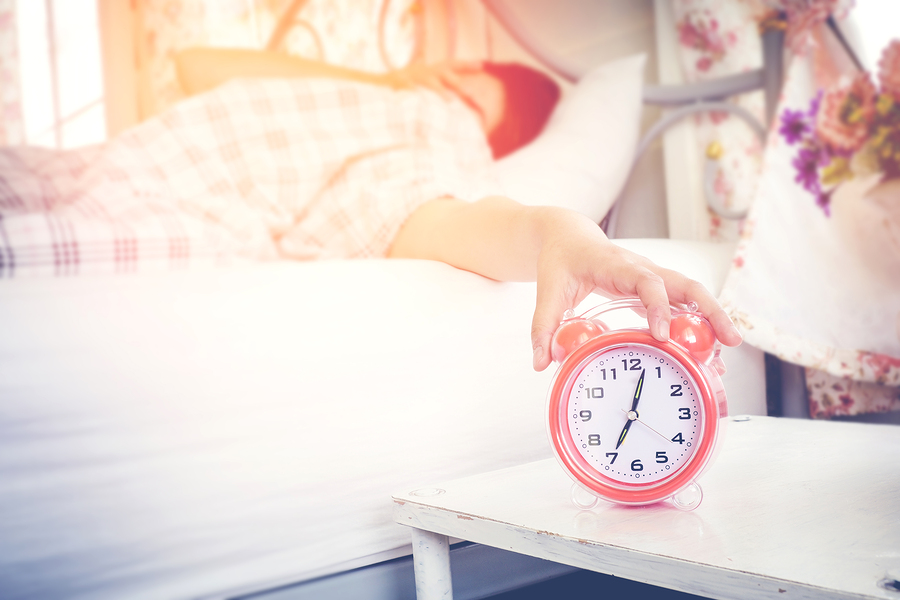5 things to cut out of your diet if you want a better night’s sleep
Can’t remember the last time you slept through the night? The solution could lie in what you consume
Nothing beats waking up from a good night’s sleep yet, for many of us, the idea of that happening seems like a dream.
Sleep deprivation can affect your memory, productivity and overall happiness, so it is essential that you are well rested. Eating earlier in the day, preparing light meals for dinner and altering your diet are just a few simple changes that could revolutionise your sleeping pattern.
Here are five foods and drinks worth avoiding to ensure you wake up feeling rejuvenated each day.
1. Caffeine

An obvious one – yet you still do it. A late-night beverage might seem like a pleasant idea at the time but as it is a stimulant it could be the reason you’re restless at night. Caffeine blocks the sleep-inducing chemical adenosine for as many as six hours, preventing you from getting your daily recommended amount of sleep. Dave Gibson, a sleep expert and founder of the Sleep Site, says that it is ideal to limit your daily caffeine consumption. He advises: “Set a fixed caffeine curfew and cut out all caffeine after lunchtime. Have a maximum of two cups per day.”
2. Red meat

By the time you’ve left work, been food shopping and arrived home, it can be late in the evening before you get a chance to sit down for dinner. Red meats take longer to digest than other foods so, if you know you will be eating late, opt for a lighter meal as this will make you more comfortable when it is time to rest.
Dave Gibson suggests leaving four hours between a heavy meal and bed time. If you feel peckish later on, experts at the Sleep Council recommend dairy products like yoghurt and milk and green vegetables such as cabbage, which are rich in stress-reducing calcium, helping you to relax before heading to bed.
3. Alcohol

A pint may be all you fancy after a long day at work, but really it could be the reason you found it so tiresome in the first place. Once the stimulant effects of alcohol have waned, alcohol serves as a sedative – but not in a way that guarantees a good night’s rest. Gibson says: “Alcohol negatively affects the balance of our REM sleep – the deep restorative sleep where our short-term memory is processed- particularly during the second half of the night. This means we are more likely to have disrupted sleep during this period.”
4. Spicy foods

Are you one for lathering on the spice, regardless of whether it’s necessary or not? Lisa Artis, a Sleep Adviser for the Sleep Council, advises those with sleeping troubles to avoid eating spicy food as Capsaicin, the spicy element in chilli peppers, could unsettle you. Dave Gibson warns that spicy foods can raise your body temperature, causing you discomfort.
5. Sugar

A late-night sweet treat may sound tempting, but foods with high sugar levels could give you an instant energy boost and delay your sleep. Lisa Artis instead recommends wholegrain cereals with low sugar content to increase the availability of tryptophan in your bloodstream. Artis explains, “Tryptophan is the amino acid that the body uses to make sleep-inducing serotonin and melatonin, the relaxing neurotransmitters that slow down nerve traffic and stop the brain buzzing.” Bananas also contain tryptophan so serve well as a bedtime snack.
How well do you sleep?
The Press Association
Latest posts by The Press Association (see all)
- Best places to see bluebells this spring - April 2, 2025
- Does sunscreen expire? Everything you need to know about SPFs - April 2, 2025
- Top Gun and Batman star Val Kilmer dead at 65 - April 2, 2025
- Actor Richard Chamberlain dies aged 90 - March 30, 2025
- 5 new books to read this week - March 26, 2025




















